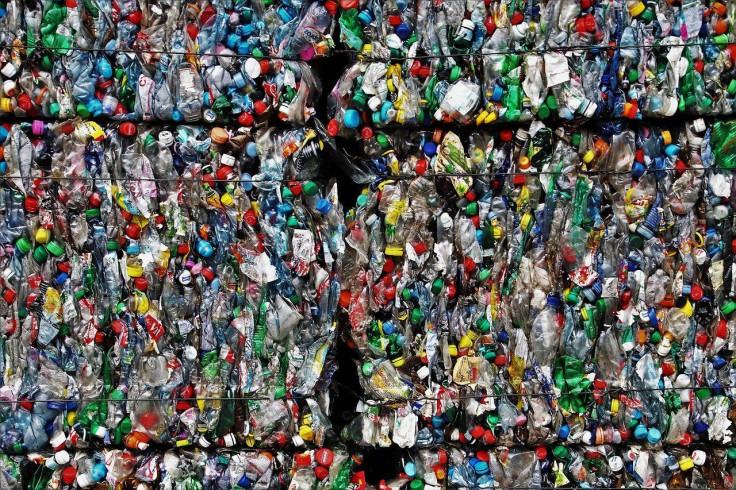Coke, Pepsi Among Companies Sued For Contribution To Plastic Pollution
KEY POINTS
- Ten major companies are being sued over their contributions to plastic pollution
- The charges include public nuissance and negligence
- The lawsuit aims to hold the companies accountable for their contributions
An environmental group filed a lawsuit against major companies for their contribution to the global plastic crisis. The lawsuit, believed to be the first of its kind, is just one of the measures in the campaign to make corporations take responsibility for the waste their products generate.
Lawsuit Against Big Companies
The Coca Cola Company, Pepsico Inc., Nestle USA, The Procter & Gamble Company and six other major companies are being sued in San Mateo County Superior Court by environmental group Earth Island Institute over their part in the global plastic pollution crisis. The charges include public nuisance, breach of warranty and negligence claims among others for their harmful practices.
"These companies push a product and then create misinformation campaigns so the public isn't fully aware of the harms of the products when making purchasing decisions," general counsel Sumona Majumdar of Earth Island said.
When it comes to plastics, Earth Island explains that the misinformation lies in the claims that the plastics are recyclable and that any recycling shortcomings come from the consumers and not the plastic producers. However, reports have shown that a majority of the plastics being produced by the companies are not being recycled.
For instance, a 2018 report noted three of the companies facing the lawsuit, Coke, Pepsi, and Nestle USA, to be the producer of 14 percent of the plastic waste in our oceans. In fact, about 91 percent of Coke’s plastic packaging is still made of new plastic.
What’s more, most of the recycling plants in the United States and even in other parts of the world are unable to process the plastics labeled as "recyclable." But, because of the labels, consumers are essentially tricked into thinking that they are making more environmentally friendly choices.
According to the president of Earth Island's Board of Directors, Josh Floum, this lawsuit is the first to face what he called the "plastic peddlers" who have spread the misleading information that the plastics they use can be recycled even when they know that it is not true.
Accountability
"Fundamentally, the lawsuit seeks to hold corporations accountable for their share of plastic pollution and their claims that plastic packaging is recyclable," Majumdar said. "For too long, they have pushed those costs onto the public, and that includes nonprofits like Earth Island that are using charitable funds to clean up their mess."
As it happens, the lawsuit is just one of the measures currently being done to hopefully hold corporations responsible for their contribution to the global plastic problem.
Currently, the California Legislature is looking at possible measures to impose "extended producer responsibility," which would require companies to devise plans to collect empty containers. Sen. Tom Udall (D-N.M.) and Rep. Alan Lowenthal (D-Long Beach) also recently introduced the Break Free From Plastic Pollution Act, which would reform the recycling collection system and hold corporations accountable for their waste by essentially forcing the use of recycled material in creating plastic containers and bottles.
"Our legislation applies one of the core principles of environmental law: 'the polluter pays.' It is time for multi-billion-dollar companies to step up and cover the costs of cleaning up the waste from their products," Rep. Lowenthal said. "As a major exporter of plastics waste, we also have a responsibility and a duty to address this problem."

© Copyright IBTimes 2025. All rights reserved.






















